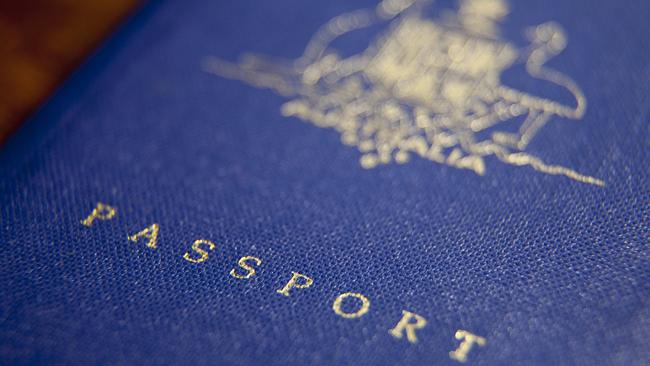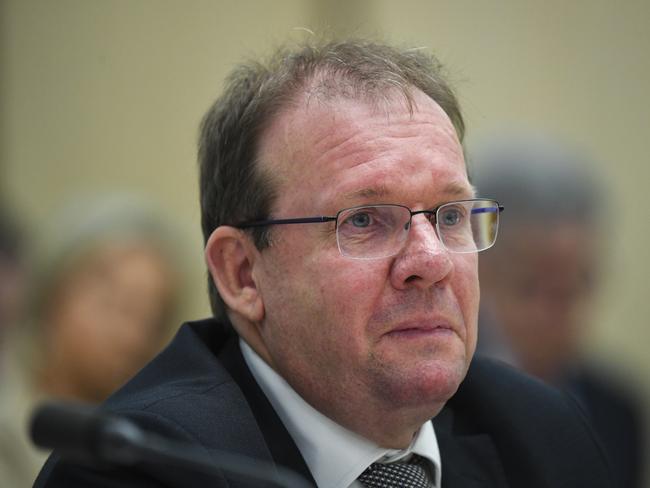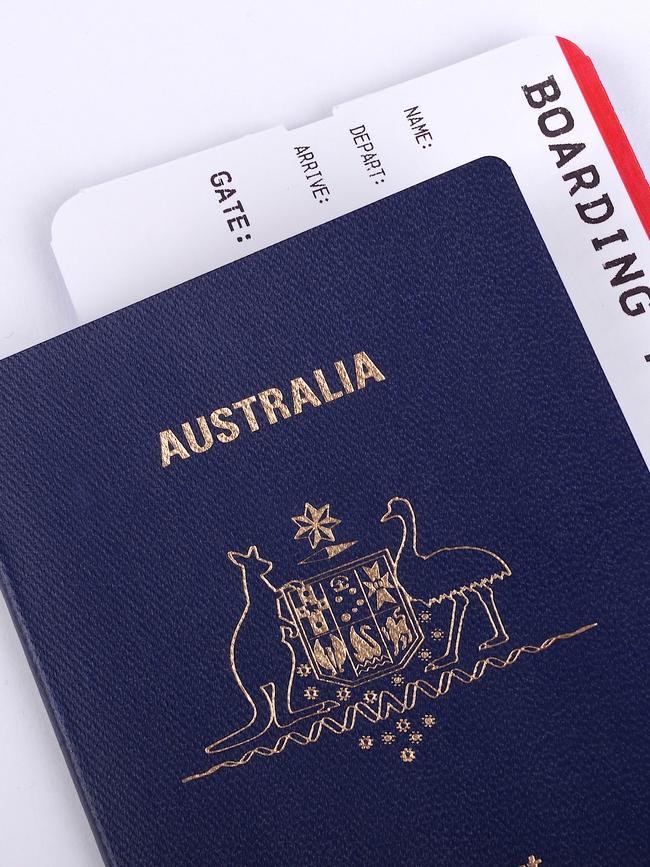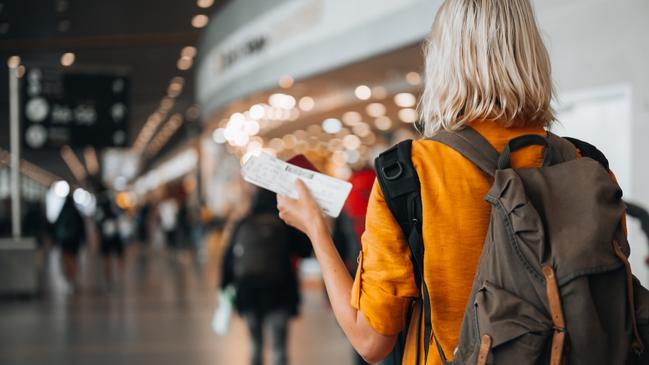Passport Office slow, inefficient, Auditor-General’s report says
A scathing Auditor-General’s report has confirmed what many travellers have long believed – the Australian Passport Office is slow and inefficient, and complaining doesn’t help.

A scathing Auditor-General’s report has confirmed what many travellers have long believed – the Australian Passport Office is slow and inefficient, and complaining doesn’t help.
The report reveals nearly a quarter of the 3.1 million Australian passports issued last financial year took more than six weeks to process, and the office’s productivity in 2022-23 was 56 per cent down on pre-pandemic levels.
The Department of Foreign Affairs and Trade-run office managed to process just 61 per cent of passports within its own ten day target, and only 91 per cent of priority applications – which cost $252 each – were completed within its two day target.

And the Auditor-General’s office said the targets themselves were misleading, because the performance measure “does not capture the period from application lodgement through to the receipt of the passport by the applicant”.
“DFAT has not been efficiently delivering passport services,” the audit found.
“While the department has time frame targets for processing applications, those targets are not customer focused and are not being consistently met.
“There are no resource efficiency targets; the average cost to produce a passport has increased more than the increase in the price of labour; and staff efficiency, which was improving up until the COVID-19 pandemic, has deteriorated since the international border was reopened.”

The audit found the Passport Office had no centralised means of recording and managing complaints, and priority processing fees were rarely refunded when urgent passports were delivered late.
“DFAT’s processes do not assist applicants to seek refunds in circumstances where priority applications are not processed within two business days,” the report said.
“In 2022–23, DFAT refunded $733,224 in priority fees while up to $15.9 million in revenue was retained from applicants who may have been eligible to claim a refund.”
While the office’s 10 business days internal processing target has remained unchanged over the years, it now advises applicants to allow a “minimum of six weeks” for their new passports to be completed.
“The incongruity between the department’s timeliness performance targets and its public messaging reflects that the department’s approach to measuring time efficiency is not customer focused,” the Auditor-General’s report said.

Demand for passports has been, on average, 22 per cent higher since the nation’s borders reopened than it was before the pandemic.
The audit found additional staff employed by the Passport Office to avoid a backlog when travel resumed had not been engaged and trained early enough.
Staff efficiency had also deteriorated since the border reopened, and the cost of producing passports had risen faster than the cost of labour.
The report called for DFAT to be more transparent with applicants on the time they can expect to wait for their new passport, and to provide refunds for all priority applicants whose passports were not processed within the promised time frame.
The Albanese has lifted the price of passports by $38 since it was elected, with a $28 rise due from July 1.
Opposition foreign affairs spokesman Simon Birmingham said the price hikes were a “desperate cash grab” while Australians waited longer for their travel documents to be delivered.
“The Albanese Labor government should reverse their big passport price hike until they comprehensively respond to these recommendations so that Australians get a fair deal on passports, not a costly, stressful stuff-around,” he said.
But Assistant Foreign Affairs Minister Tim Watts blamed the Morrison government for the office’s difficulties, saying it failed to adequately prepare for the reopening of the border.
“The former Coalition government was warned as early as December 2020 to prepare for a ‘pent-up demand surge’,” he said.
“As a result of their failure to plan, Australians were waiting 50 days on average to receive a passport when the backlog was at its peak.”








To join the conversation, please log in. Don't have an account? Register
Join the conversation, you are commenting as Logout